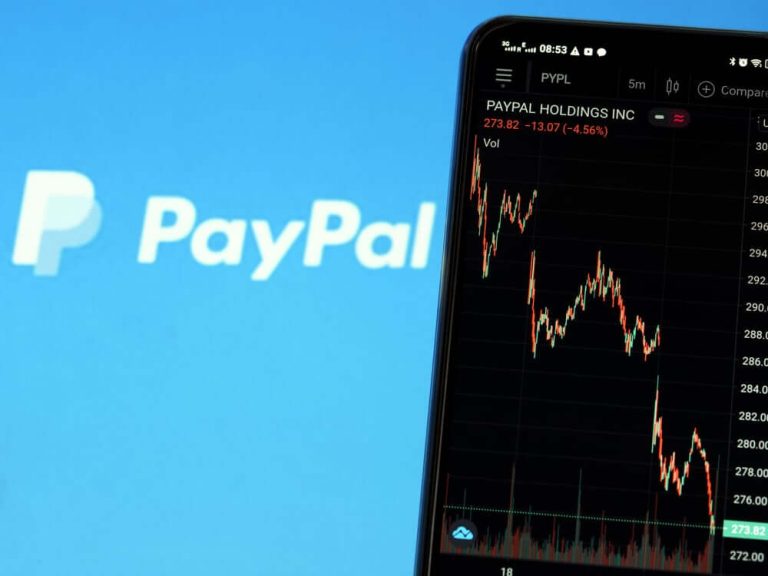quick look
- In the US, PayPal is offering the PYUSD stablecoin for fee-free cross-border payments on Xoom, starting Tuesday, April 4, 2023.
- PYUSD allows remittances to over 160 countries, aiming for stability and efficient international transactions.
- The move challenges traditional money transfer systems with high fees, enhancing the stability of the stablecoin compared to other cryptocurrencies.
- The partnership with Visa Direct enhances PayPal's reach to US debit cardholders
At the heart of PayPal's latest project is PYUSD, a stablecoin that aims to redefine the way we think about cross-border money transfers. Starting Tuesday, April 4, 2023, users in the US will be able to use PYUSD to fund cross-border payments without incurring any transaction fees. Powered by PayPal's Xoom platform, the service allows users to convert PYUSD to US dollars and send it to recipients in more than 160 countries around the world.
The absence of transaction fees on PYUSD funded transfers through Xoom is a game changer. José Fernandez da Ponte, Senior Vice President of Cryptocurrencies at PayPal, highlighted the dual benefits of PYUSD: maintaining a stable value for user trust and serving as a versatile tool for commerce and payments. This initiative is not only limited to reducing costs; It is about creating a more efficient and reliable system for international transactions.
Revolutionizing international money transfers
PayPal's foray into using stablecoins for transfers represents a direct challenge to traditional international money transfer mechanisms, known for their high fees and inefficiency. Cryptocurrencies, including Bitcoin and Ripple, have already proven their potential as cost-effective alternatives. However, stablecoins like PYUSD offer an additional advantage: stability. Because they are tied to stable assets, their value remains constant, making them an ideal means of transactions.
The integration of PYUSD into Xoom, especially following its partnership with Visa Direct, reflects PayPal's commitment to innovation. This collaboration allows users in the US to send money directly to debit card holders, making PayPal services more accessible.
PayPal: the future of payments
The introduction of PYUSD is not just a new feature. Instead, it represents a major shift in the landscape of financial transactions. The Bank for International Settlements (BIS) has recognized the potential of stablecoins. Specifically, stablecoins can address the shortcomings of traditional payment methods. By ensuring stability and lowering transaction costs, stablecoins like PYUSD are set to become a cornerstone of the future payments ecosystem.
Furthermore, PayPal's strategic move to integrate PYUSD into its Xoom service represents an important step. This step moves us towards a more efficient financial system. Additionally, it offers a glimpse into the future. In the future, digital currencies will coexist with traditional banking services. Hence, users get unparalleled flexibility and security in their financial transactions.
As we move forward, the role of stablecoins in international payments is expected to grow. This growth will be driven by its ability to provide stability, reduce costs and enhance user experience. Hence, PayPal's pioneering efforts with PYUSD could pave the way for the next era of financial transactions. In this new era, cryptocurrencies will play a central role in our global economy.

